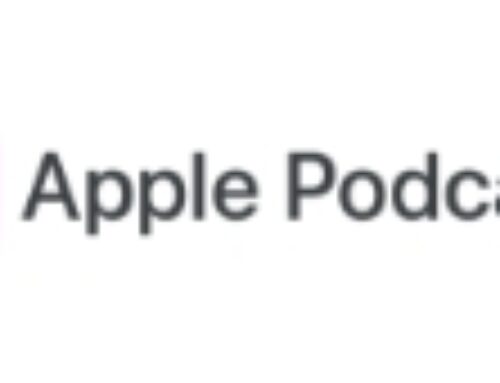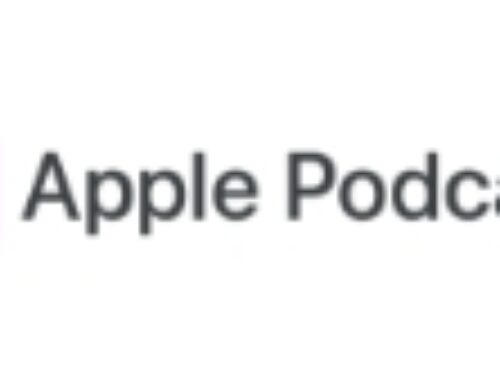Today, the marketing spotlight often shines on Millennials, Gen Z, and Gen X due to their vast numbers, combined influence, and economic power.
However, marketing to Baby Boomers remains vitally important. At approximately 68.6 million strong, Baby Boomers remain a formidable and highly-valuable consumer segment.
Unfortunately, when building their marketing strategies, many marketers fail to truly understand Baby Boomers, including their rich and nuanced history, disposable income, diversity, and strong brand loyalty. Instead, they often choose oversimplified, unintentionally ageist, stereotypical communication strategies that miss the mark. These misconceptions include universal myths such as
Lack of digital prowess
Physical frailty
Mental decline
In reality, this could not be further from the truth.
Baby Boomers defy these stereotypes by prioritizing active, healthier lifestyles and outliving generations before them. What’s more, they control a staggering 70% of the wealth in the U.S. and account for over 40% of total consumer expenditures—yet, they are still misrepresented in advertising campaigns.
When building a marketing strategy for this large and diverse group, segmenting your target audience into unique personas is essential. This approach allows for creating targeted marketing and communication strategies that resonate with each persona’s unique values and demographics.
Keep reading to discover powerful tactics for healthcare marketing to Baby Boomers. Learn how to create compelling and targeted digital marketing campaigns that resonate with this audience and help achieve your business objectives.
9 Powerful Tactics to Outshine Competitors Without Ageist Stereotypes
1. Develop a targeted approach with proper segmentation.
It’s crucial to recognize—and market to—the very different groups of people within this category. There are clear differences in consumer behaviors between the younger and older halves of this generation. Generation Jones, a hidden era within the Baby Boomer generation, is a term for the more youthful, tail-end boomers (think 1970s Watergate, Scooby Doo, disco, and punk, not 1960s Vietnam, Howdy Doody, hippies, sex, drugs, and rock-and-roll).
Boomers can be rich, poor, and everything in between. They can be conservative, moderate, or very liberal. They, of course, can be white, black, Hispanic, Asian, or other ethnicities. They can live in urban, rural, or suburban settings. Some are highly educated, while others are not.
Each sub-segment requires a nuanced marketing approach that considers its unique values, demographics, socioeconomic status, and self-perception.
2. Focus on their healthy, active lifestyles.
Many Baby Boomers maintain active and engaged lifestyles well into their senior years, and very few consider themselves “elderly” or “seniors.” Often, they think of themselves as middle-aged and bristle at misguided advertisements portraying their demographic as wrinkled, gray, weak, or sedentary.
Create marketing campaigns centered around wellness, empowerment, and positivity to engage with these vibrant members of society. Everything from content and imagery to font choice and color palette should capture their imagination, speak to their aspirations, and offer a safe and effective solution to help them live fully and achieve their goals.
Consider adding a dash of nostalgia to campaigns for even more relationship-building benefits.
3. Recognize that longevity means more opportunities for engagement.
Baby Boomers are healthier and living longer than previous generations, with an average lifespan of 79 years. Their healthcare needs will become more complex as they age, translating to higher demand for healthcare services, products, pharmaceuticals, medical devices, and more.
Healthcare marketing for Baby Boomers that considers longevity is, by nature, more hopeful, impactful, and desirable for older generations. Focus on messaging that honors their past, looks toward their future, and shares why preventative healthcare is essential to healthy living to win over this active audience.
4. Stop assuming all Baby Boomers are retired.
A significant number of younger Baby Boomers continue to work full-time. Remember, the youngest Baby Boomers won’t reach 65 until 2030. Others work to support their families—whether by choice or necessity. As one of the more frugal generations, Baby Boomers express anxiety about the rising healthcare costs and are often less willing to try something new, particularly when they feel these new products or services could impact future prices.
Craft concise, transparent, and to-the-point advertising for Generation Jones that promises to live in comfort and luxury at an affordable and sustainable price.
5. Don’t hesitate to invest in digital marketing.
Contrary to popular stereotypes, Baby Boomers adapt extremely well to the digitization of information and are more digitally connected than ever before.
According to Pew Research, approximately 68% of Baby Boomers own a smartphone, and 82% search online for information, making digital marketing strategies crucial for any healthcare organization. [McKinsey]
There are exceptions in every age group, but Baby Boomers remain a prime, tech-savvy, and digitally connected audience that actively and regularly engages via websites, blog posts, and social media.
They crave long-form content to help justify their purchase decision. Draw them into your brand with compelling advertisements, social posts, and landing pages, then draw them further into your sales funnel with timely, relevant, and high-quality long-form content like
Medical and healthcare information (disease and treatment information) 66%
Product research 66%
Email communications 95%
6. For best results, use an omnichannel marketing approach.
Successful healthcare marketing to Baby Boomers is often complex and challenging. While they are technically capable, they appreciate and embrace the personal intimacy of broadcast and print media.
For best results, create a seamless journey that bridges the gap between online and offline channels. Many successful Baby Boomer-focused campaigns begin offline (with a direct response mailer). Using a call-to-action, savvy marketers drive these high-value consumers to a website or social profile to further interact with their brand, enjoy exclusive benefits, and—hopefully—convert.
7. Build a robust social media presence for Baby Boomers.
Baby Boomers love social media. 78% use Facebook and 67% use YouTube. Surprised? If you are, remember that his generation was raised on television. Unlike digital natives like Millennials and Gen Z, long-form video content naturally fits this audience.
Consider incorporating long-form, educational content on platforms like YouTube to resonate with their familiarity with TV-like content and satisfy their quest for information.
8. Leverage their brand loyalty.
Trust plays a pivotal role in their purchasing decisions. While Baby Boomers are a substantial force in consumer spending, they approach their choices deliberately and methodically, often after thorough research.
In healthcare, nurturing a sense of trust through patient experiences and satisfaction becomes a cornerstone in attracting the Baby Boomer business and fostering a long-term relationship. Your marketing efforts should pivot towards capturing their attention and ensuring their experience is genuine and positive to reinforce the brand-consumer bond.
9. Take advantage of their undeniable influence on younger generations.
Baby Boomers often play roles as caregivers for their aging parents and influencers for their children and grandchildren. Their purchasing decisions can impact the choices of multiple generations.
When marketing to this diverse audience, doing away with ageist stereotypes is just a start.
Healthcare businesses must tailor their approach to this younger-minded audience, acknowledge their active lifestyle habits, and align with their values to forge a lasting connection.
By embracing these insights, you’re building campaigns, cultivating relationships, and enriching lives. Your dedication to a nuanced, empowering approach to healthcare marketing for baby Boomers will undoubtedly elevate your healthcare marketing initiatives and create a lasting bond that will stand the test of time.
This content was originally published in 2020 and has been updated for 2023.





Leave A Comment